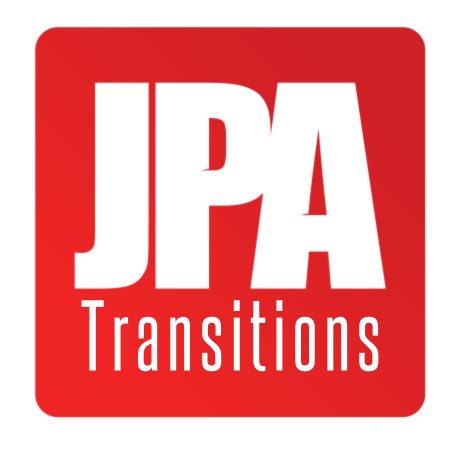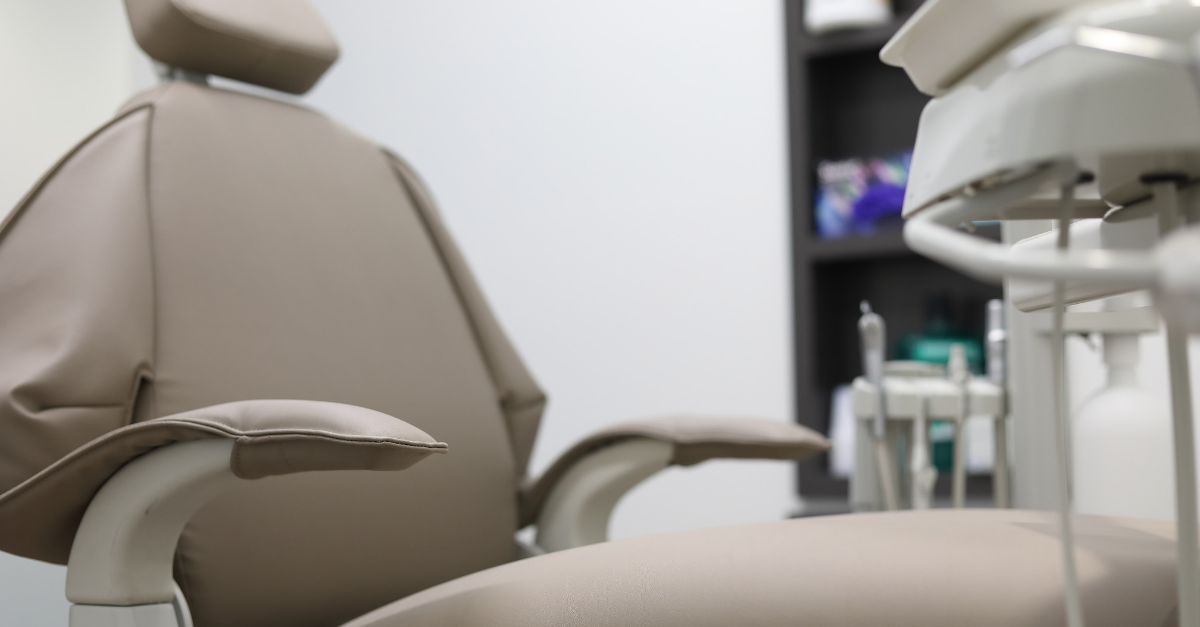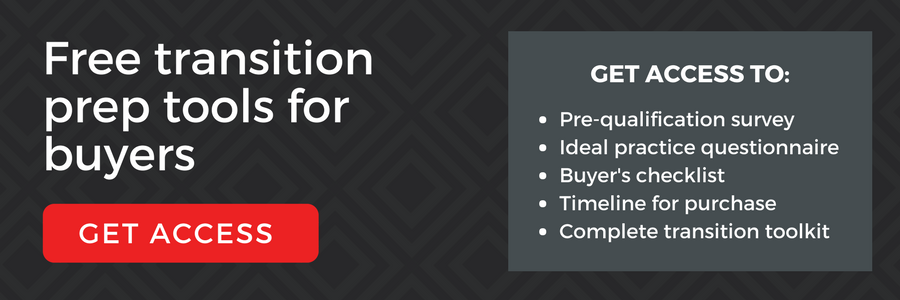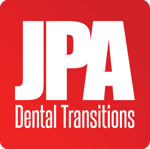When considering your own dental practice, you’re most likely challenged with the question “Should I start my practice from scratch or buy an existing practice?” From cash flow considerations, to location, to dental equipment, deciding which path is right for you comes down to weighing the pros and cons.
In reality there is no right or wrong answer, just factors that can help you choose which best fits your preferences, lifestyle, and personality. Let’s dive into the pros and cons of each!
Pros and cons of buying an existing dental practice
Acquiring a nice, but maybe not “new” practice, might be perfect for you if picking up the infrastructure and cash flow from an existing patient base sounds enticing. (Why wouldn’t it, sounds like a no brainer?) Don’t get us wrong, starting a practice from the ground up gives you the flexibility to build your practice the way you’ve always dreamed of, but you might not feel comfortable with the time and resources it takes to start from scratch. At the end of the day, it all comes down to what you want.
TIP: When buying an existing practice, we always recommend requesting to see a up-to-date a practice appraisal to determine how much the practice is worth.
Pros of buying an existing practice
- Cash flow
- Patient base is already present and ready to grow
- Marketing machine is already running
- Working at the same level that the seller did, and then exceeding it!
- Finding a start-up location takes a lot of time
- Practice is already equipped
- 1 year to get going with $ (startup sacrifices 9 months with no revenue)
- Having an established staff that is up and running (Meaning you don’t have to hire them or train them).
Related Blogs:
Finding the Perfect Location to Start or Buy a Dental Practice
Restrictive Covenants, the Story of a Young Associate
Pros and cons of starting a dental practice from scratch
Setting up a shiny, brand new office that you can customize might be the perfect fit for you. If you would rather not deal with the choices another doctor has made (technology, furniture or location, etc), a startup might be a great opportunity to establish a dental practice on your terms. You may even have a special vision for your practice that has never been seen before, if you have the time and resources for a startup the world is your oyster!
Pros of a startup dental practice
- You have the freedom to design the practice the way you want it. Think signage, furniture, art, layout and more.
- You will most likely have all new equipment.
- Start small by booking 2 operatories, but make sure you’re able to fit 5 operatories. The beauty of this concept is that you can create the other operatories as your revenues grow. This strategy could mean you have time to continue working as an associate somewhere else. Supplement the debt that you have by still making money on the side. (Note: this is subject to the terms of the non-compete agreement you may have with your employer)
- You get to choose your location. This means that you’re essentially choosing the patient base. Make sure to get a demographic report of where you want to go to assess if the market is right for the service you are offering. For example, if you specialize in cosmetic dentistry, it might make sense to work in a more affluent area. (Blog: Choosing the right location for your dental practice.)
- Cold starts can work with PPO organizations, which is insurance. Through reaching out to organizations and companies in the area, you can offer discounted prices and negotiate lower insurance rates for patients, ultimately bringing in people to your practice.
TIP: There are dental specific real estate brokers and lawyers who focus on startups.
Cons of a startup dental practice
- Marketing is a larger component because you have to build your patient base.
- Responsibilities of ownership include fresh leases (if not purchasing the real estate or building) and setting up the practice within regulations and building codes.
- Prepare to purchase all new equipment. On the other hand, you can buy existing or used equipment but it’s harder to install and ends up taking a lot of time in the process.
- Speaking of PPOs, while they work to bring people to your practice, the downside is that you’re not getting 100% of the fee that your patients will pay.
It's a big decision, but there's no wrong choice.
Like we said, there’s no right or wrong choice when starting your own dental practice. It’s all about your preferences, lifestyle, and personality. Whether you want to put your own creative spin on your practice and thrive off building something from nothing on your own, or you want to buy an existing practice and take on the cash flow right away while slowly molding the practice into what you want, the choice is up to you! Let us know if you need any help!
Want to look at our practice listings? Check them out here.

 980.283.7355
980.283.7355













Comment